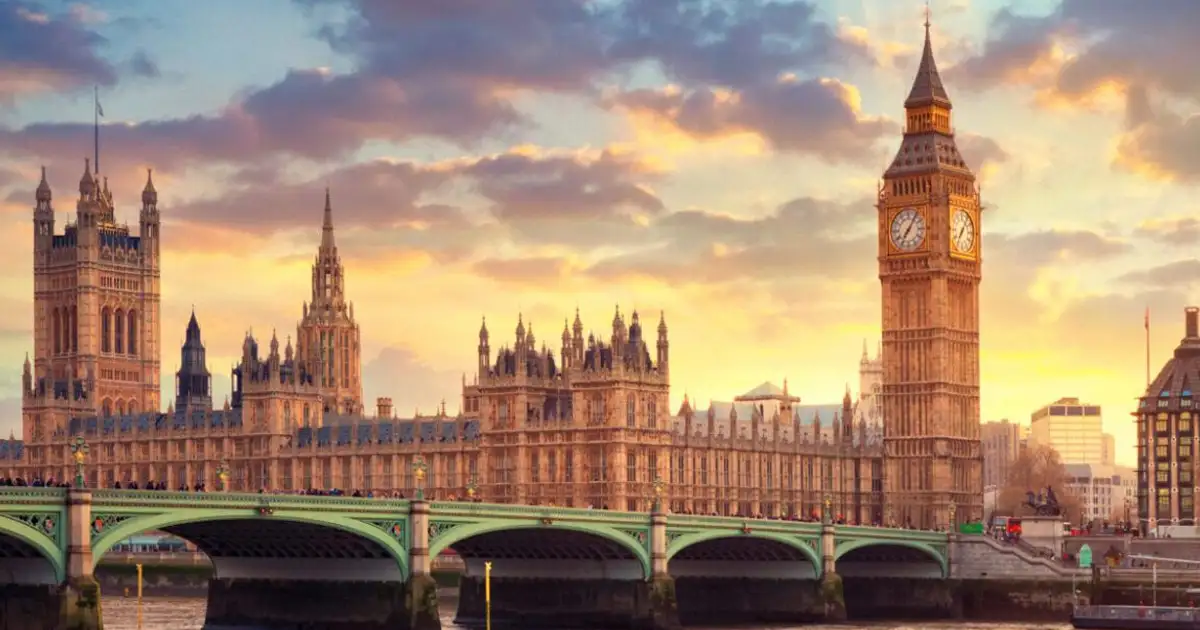United Kingdom: Will gambling tax explode?
The UK government is considering raising the tax on online gambling from 21% to a record 41%. The move, which would be one of the most aggressive in the UK gambling industry’s tax history, is part of a budgetary strategy to plug a public deficit estimated at more than £30 billion.
As the Chancellor of the Exchequer looks for ways to generate new revenue without increasing traditional taxes, this tax route targeted at online gambling is being seriously considered. But at what cost?
A brutal shock for the iGaming industry
This increase would represent almost double the current rate of 21% applied to Remote Gaming Duty. The sector, which already contributes £3.3 billion a year in taxes to the Treasury, could find itself suffocated.
A YouGov study commissioned by the Betting and Gaming Council in 2024 revealed that 65% of regular gamblers said they would turn to unlicensed sites if taxation became too high. These platforms, often hosted abroad, are not regulated in the UK and offer no protection to consumers.
The government, for its part, claims to want to protect gamblers while making operators more accountable. But the balance between protection and repression seems more fragile than ever.
An already fragile industry
Since the publication of the White Paper on online gambling reform in April 2023, the industry has been adapting to new restrictions, such as betting limits on virtual machines and the creation of a compulsory fund to support NHS treatment for addiction.
These measures, combined with such a brutal tax increase, could, according to analysts, lead to a net reduction in legal supply, forced consolidation of the market and massive job losses.
A highly political decision
With early general elections scheduled for 2025 or early 2026, the government is seeking to fund public services without touching the most visible taxes, such as VAT or income tax.
Taxing gambling, particularly online gambling, has a political advantage: operators are not very popular, gambling excesses are a subject of debate, and the general public sometimes perceives the industry as morally questionable.
But this strategy could prove double-edged. Too high a tax burden could reduce rather than increase revenues, by shifting activity to grey areas or offshore.
The UK has long been regarded as one of the most balanced regulatory environments for online gambling in Europe. This reputation could be jeopardised if the increase to 41% is confirmed in the next Finance Bill.The debate has now begun: should online gambling be seen simply as a source of public revenue, or as a strategic sector that needs to be properly regulated?


